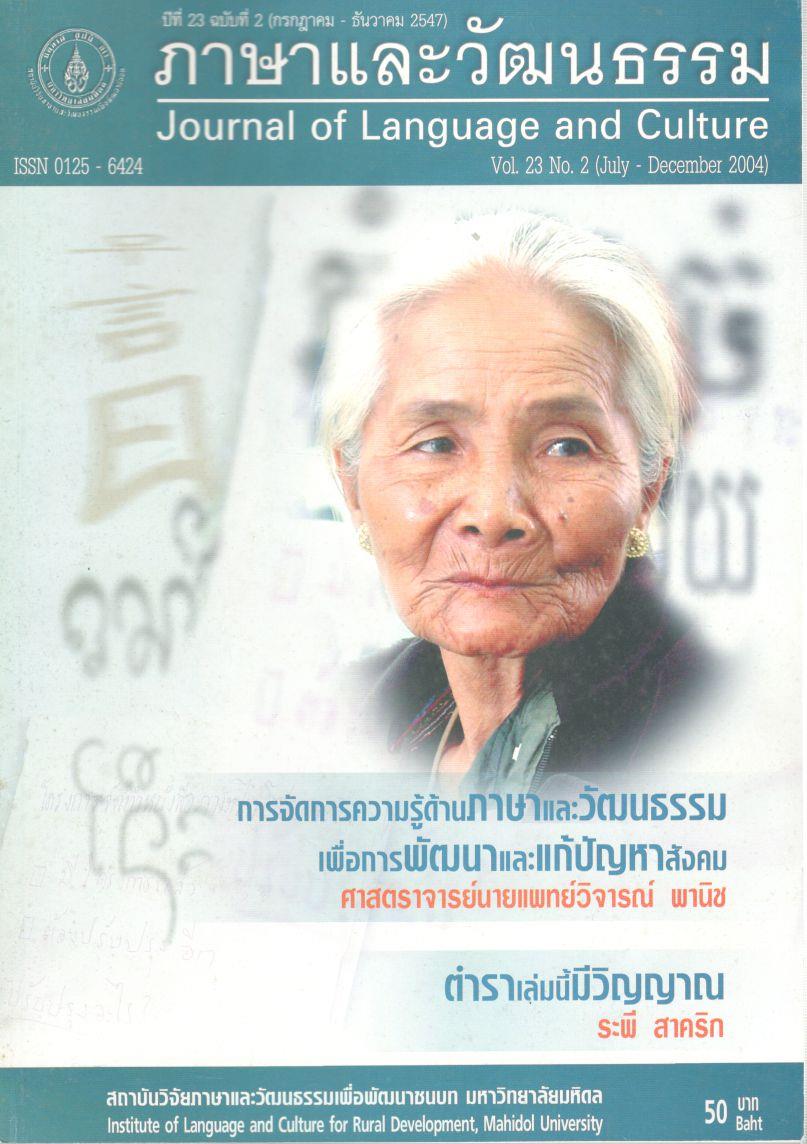Applied Ethnomusicology: The Benefits of Approaching Music as a Heart Language
Main Article Content
Abstract
Music is an important part of every culture and is often inseparable from language. Throughout history oral societies have used music as a powerful means of communication. A culture’s music styles often provide solidarity and a sense of identity within that culture. The outside influences of modern technology, media, and formal education can greatly effect the music of minority language groups. Those influences may diminish or accentuate the music of a particular language group depending on how they are responded to by various communities within that language group.
In this article we will explore the power that indigenous music has as a heart-language and as a means of communication. We will also explore the indigenous use of music as a potent memory aid and instructional vehicle Ethnomusicology has several parallels to linguistics and the two fields of study can work together in reviving endangered languages. We will suggest approaches for using culturally relevant music as a primary tool for language and culture revitalization through encouraging mother-tongue speakers to research the music as used by their own language group.Article Details
The articles featured in the Journal of Language and Culture (JLC) constitute academic works representing the viewpoints of the respective author(s). It is crucial to note that these opinions do not necessarily reflect those of the Editorial Board.
All articles published in JLC are released under the Creative Commons Attribution 4.0 International License (CC BY 4.0). This license grants permission for unrestricted use, distribution, and reproduction in any medium, provided proper credit is given to the original author(s) and the source.


